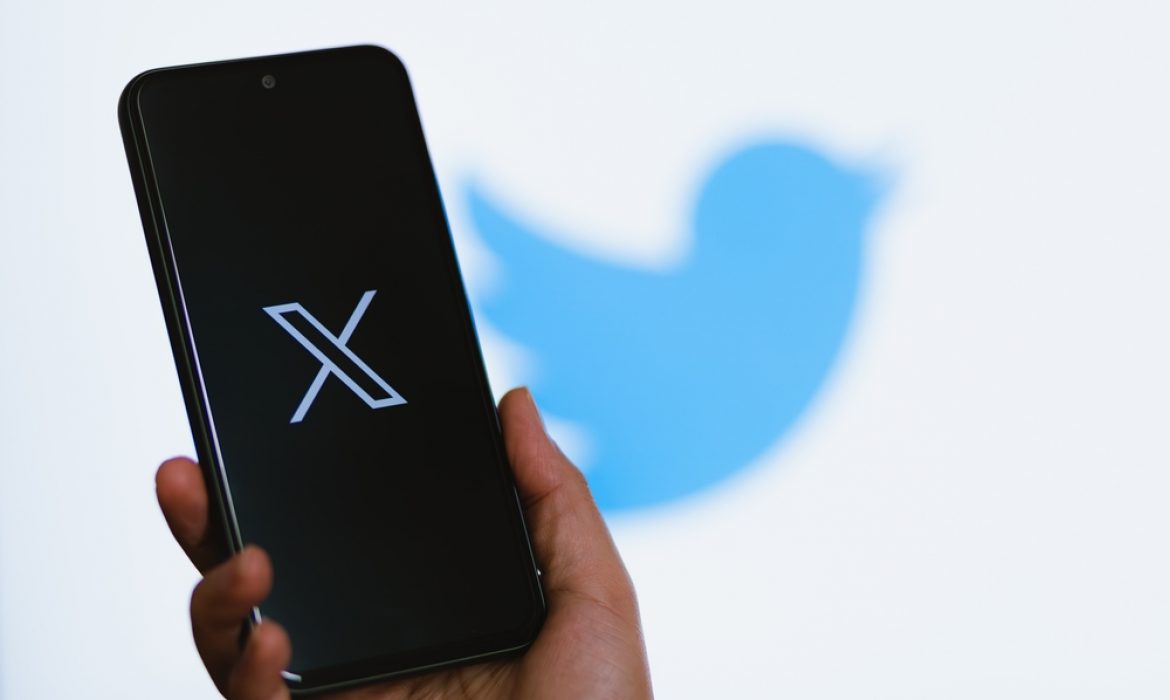Internal documents obtained by The New York Times unveil Twitter’s dire financial straits, projecting a staggering $75 million loss in advertising revenue by year-end. Over 200 ad campaigns, featuring major players like Airbnb, Amazon, Coca-Cola, and Microsoft, have either halted or are contemplating suspending their ads on the platform, marking a more challenging predicament than initially perceived.
These confidential documents from Twitter’s Salesforce X meticulously track the fallout from advertising gaps, spotlighting campaigns suspended and those teetering on the brink. The potential year-end revenue loss hinges on the uncertain return of advertisers to the platform.
Twitter, acquired by Elon Musk for $44 billion last year, faces an uphill battle to win back advertisers. Skepticism about Musk’s conduct and content moderation decisions has deterred brands, leading to a nearly 60% drop in advertising on the U.S. e-commerce platform this year.
The internal records reveal that over 100 brands have entirely halted advertising, while dozens more hover on the precipice. Concerns escalated post-November 15 when Musk endorsed an anti-Semitic conspiracy theory, prompting a wave of suspensions.
Prominent brands like Airbnb and Uber have pulled back over $1 million and $800,000 worth of advertising, respectively, with others like Netflix and Microsoft subsidiaries facing substantial losses. Musk’s controversial comments have triggered criticism, with Republican presidential candidate Chris Christie denouncing it as part of a surge in “outrageous hatred.”
In response, Twitter’s CEO, Linda Iaccarino, in an internal meeting, attributed the issues to a Media Matters report rather than Musk’s controversial remarks. Iaccarino emphasized Twitter’s commitment to free speech, resisting external pressures.
Musk, meanwhile, spotlighted companies still advertising on Twitter, such as the National Football League, pledging to donate revenue from ads related to the Gaza war to hospitals in Israel and the Red Cross/Crescent of Gaza. The financial fallout poses a significant challenge for Twitter as it grapples with the aftermath of Musk’s polarizing statements and seeks to maintain advertiser trust in a tumultuous landscape.


